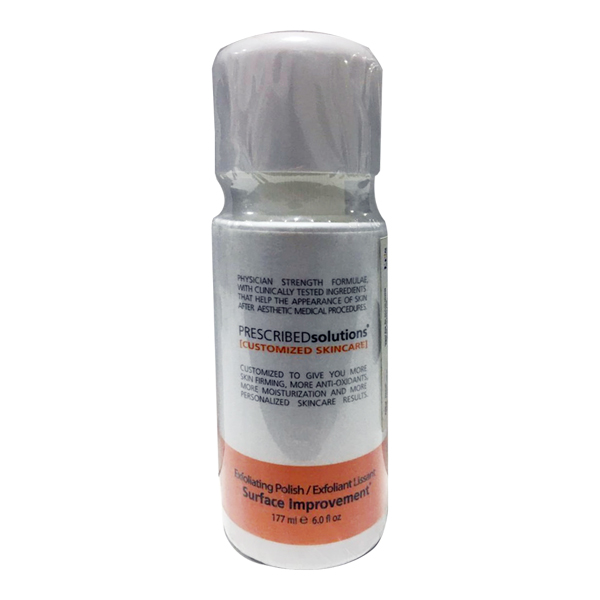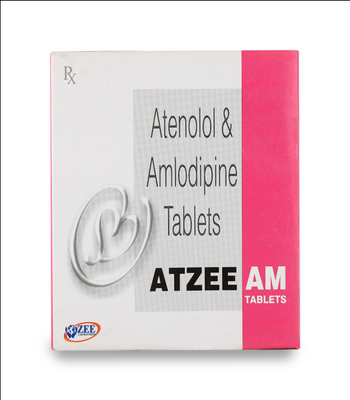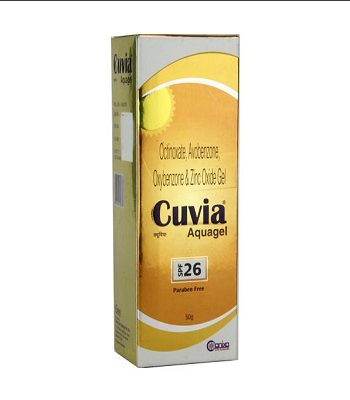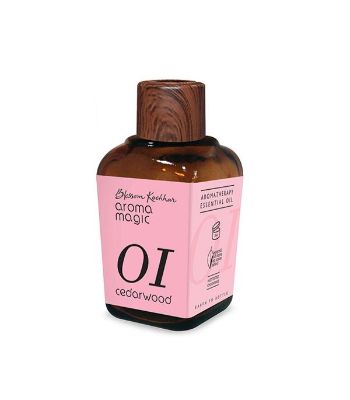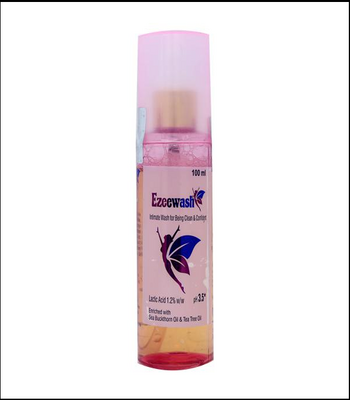Fruselac DS Tablet 10'S
INR 44.45INR 44.45
Category :
Sub Category :
MG Details :
FRUSEMIDE 40MG+SPIRONOLACTONE 50MG
Packing :
10
Mfr by:
Country of Origin:
NA
What FRUSELAC is used for?
It is used in the management of,
Congestive heart failure
Fluid retention (ascites and oedema) in liver cirrhosis
Overproduction of aldosterone, a steroid hormone which regulates the salt and water balance in the body (hyperaldosteronism)
Excess fluid retention causing swelling (oedema)
Talk to your doctor before taking this medicine, if you:
Are allergic to furosemide, spironolactone or any of the other ingredients in the medicine
Have decreased liver or kidney function
Have enlarged prostate gland(men)
Have diabetes
Have low blood pressure (hypotension)
Have low volume of circulating blood (hypovolaemia)
Have very high levels of potassium in the blood (hypokalaemia)
Have very low levels of sodium in the blood (hyponatraemia)
Have inadequate production of natural steroid hormones by the adrenal glands (Addison's disease)
Always take this medicine exactly as your doctor has told you
Swallow the tablet with a glass of water
FRUSELAC should be taken with food
If you take more FRUSELAC
If you take more FRUSELAC, contact a doctor or your nearest hospital casualty department immediately
If you forget to take FRUSELAC
If you forget to take a dose, take another as soon as you remember. Then take your next dose at the normal time
Do not take double the amount to make up for a forgotten dose
If you stop taking FRUSELAC
Do not stop taking FRUSELAC unless told by your doctor
Like all medicines, this medicine can cause side effects, although not everybody gets them.
Severe allergic reaction which may include a skin rash, itching, dermatitis, peeling skin, sensitivity to sunlight or sun lamps or fever, swelling of the face, lips, tongue or throat or difficulty breathing or swallowing
Low blood volume (hypovolemia)
Increased creatinine and blood urea (seen in blood tests)
Tell your doctor if you are taking:
Medicines used for hypertension (enalapril, propranolol, verapamil, nitrates, losartan)
Non-steroidal anti-inflammatory drugs (NSAIDs) such as aspirin, indomethacin, mefenamic acid or ibuprofen
Potassium supplements
Heparin or low molecular weight heparin (medicines used to prevent blood clots)
Medicines known to cause hyperkalaemia (raised blood potassium levels)
Trimethoprim and trimethoprim-sulfamethoxazole
Chlorpromazine, temazepam, diazepam, MAOI antidepressants, medicines for mental problems
Medicines used for parkinsons disease (bromocriptine, apomorphine, levodopa
Medicine used for arrhythmias (e.g. sotalol, amiodarone, flecanide)
Digoxin for your heart
Moxisylte for Raynaud’s syndrome
Nitrates (for angina)
Lithium for depression or mania
Sucralfate for stomach ulcers
Colestyramine or colestipol for high cholesterol
Amphoterecin (to treat fungal infections)
Chloral hydrate (to treat insomnia)
Medicines to control diabetes such as insulin or tablets
Antiepileptics e.g. phenytoin or carbamazepine
Corticosteroids or antihistamines (to treat allergic reactions)
Aldesleukin medicines for treating cancer
Levodopa (for Parkinson’s disease)
Oral contraceptives
Alprostadil for erectile dysfunction
Information
Storage
Keep this medicine out of reach of children
Store at room temperature (15-25°C)
Do not use after the expiry date
Disclaimer:
The contents of this website are for informational purposes only and not intended to be a substitute for professional medical advice, diagnosis, or treatment. Please seek the advice of a physician or other qualified health provider with any questions you may have regarding a medical condition. Do not disregard professional medical advice or delay in seeking it because of something you have read on this website.


